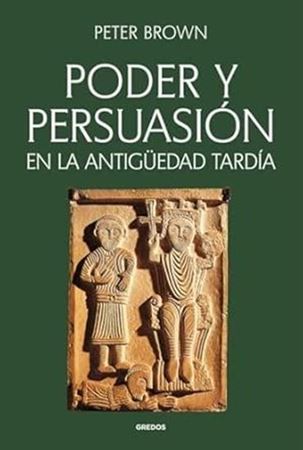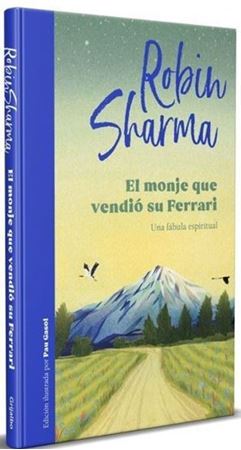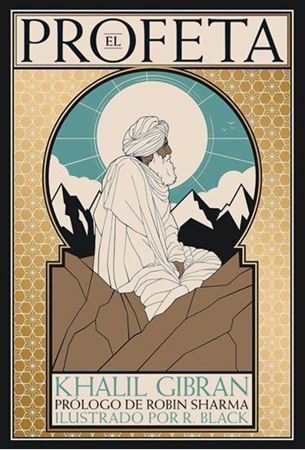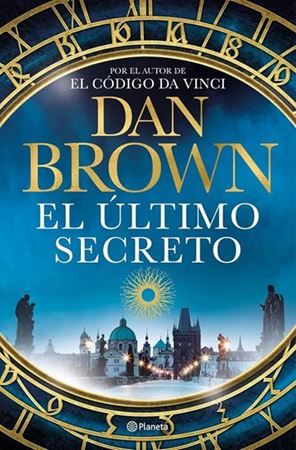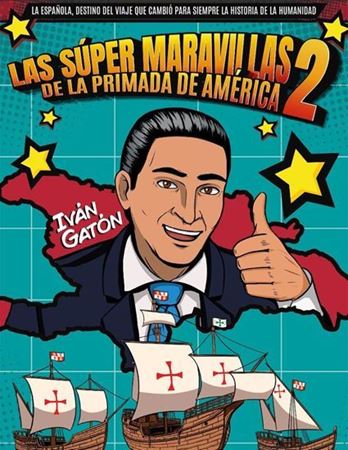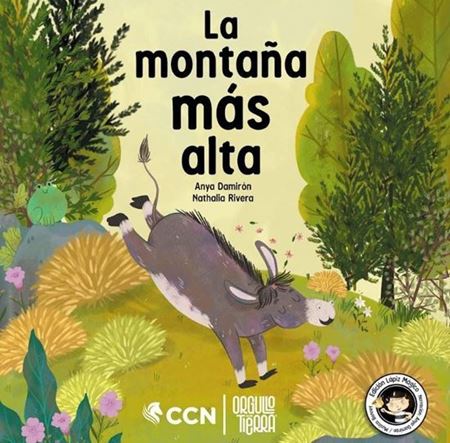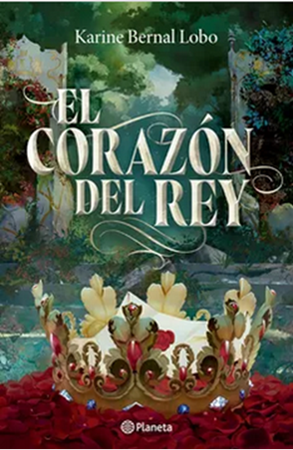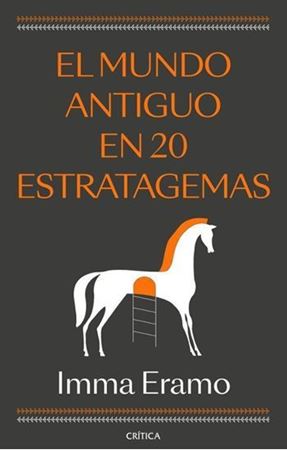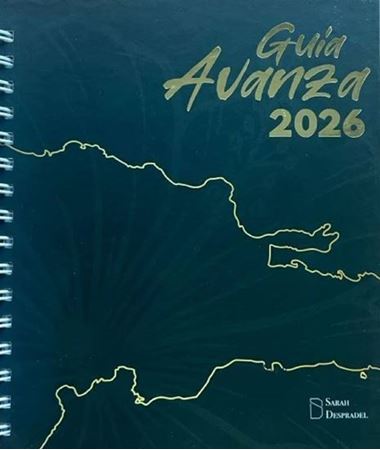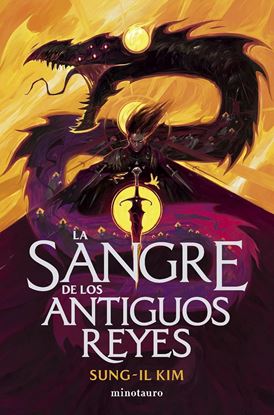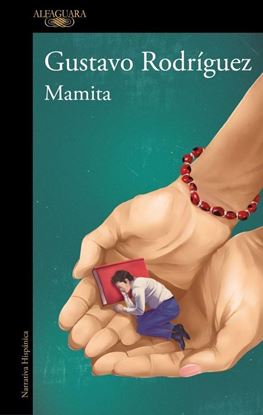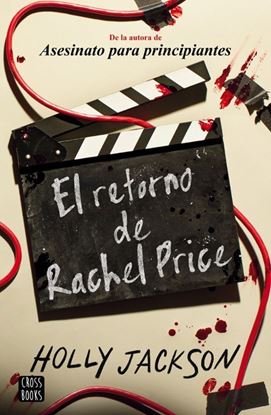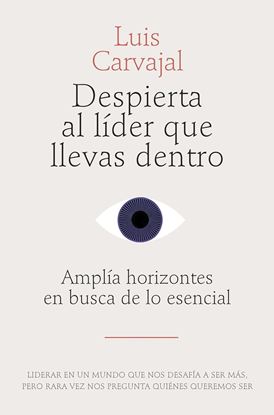

NOVEDADES
EL IMPERIO SANGRIENTO (1) LA SANGRE DE
En un Imperio gobernado por la nigromancia, los hechiceros muertos son la fuente de su poder. Sus cadáveres son encadenados y drenados de su magia para alimentar el insaciable deseo de conquista imperial.
Arienne nació con magia y ha aceptado su oscuro destino. Sin embargo, cuando empieza a oír en su mente la voz de un hechicero muerto hace mucho tiempo, escucha atentamente. Quizás haya otro futuro para ella, si está dispuesta a luchar por él.
A kilómetros de distancia, bajo un volcán, un dragón de siete ojos también lleva las cadenas del Imperio. Antes de la opresión imperial, era el guardián sagrado de su pueblo. Loran, una espadachina viuda, es la primera en arrodillarse ante el dragón en décadas. Llega con una súplica desesperada y se marcha con una espada forjada con el colmillo del dragón y un propósito que cambiará su destino.
En el corazón de la capital imperial, Caine es conocido como un hombre que hace que las cosas sucedan. Cuando su mejor amiga y mentora es asesinada, no dejará piedra sin remover para encontrar a los responsables, aunque eso signifique provocar una guerra.
1,450
1,160
MAMITA
Un deber familiar ha sido postergado durante décadas por el escritor protagonista de esta novela: contar la excepcional historia de sus abuelos y de su madre, cuyos orígenes se remontan a inicios del siglo XX en la Amazonía peruana. Ahora, con su madre próxima a cumplir noventa años, siente que ha llegado el momento de saldar esa deuda. Así es como Mamita cobra vida, una novela que entrelaza dos relaciones íntimas: la memoria del amor filial y el proceso mismo de escritura.
A través de recorridos citadinos, evocaciones de la selva y reflexiones metaliterarias, el hijo escritor indaga en la naturaleza de sus vínculos familiares, las tensiones sociales y raciales que los atraviesan y la huella imborrable de la muerte. Al mismo tiempo, se enfrentan a los desafíos del oficio novelesco para capturar aquello que el tiempo suele volver irrecuperable.
1,450
1,160
EL ASESINATO DE LOS AOSAWA
Mientras un sofocante calor estival aletarga la ciudad japonesa de K, en la mansión de los Aosawa se celebra una gran fiesta de cumpleaños de varios de sus miembros, entre ellos el del cabeza de la familia, médico de reconocido prestigio y propietario de una importante clínica. La velada parece transcurrir con la normalidad de esas ocasiones, hasta que todo da un repentino vuelco cuando los asistentes empiezan a sentir mareos y convulsiones. En pocos minutos, diecisiete cuerpos, seis de ellos de niños, yacen en el suelo, presuntamente envenados con cianuro en las bebidas. La única superviviente es Hisako, la hija pequeña, y la única pista, un papel con un poema quizá dejado por el asesino.
Hisako, que perdió la vista tras un accidente, se halla entre los pocos testigos de la masacre, pero apenas recuerda nada: en su confuso interrogatorio sólo habla de una habitación azul, pequeña y en penumbra, y flores blancas. Unos meses más tarde, el joven que entregó el sake aparece muerto, con una nota en la que se declara culpable del crimen masivo. La investigación se cierra de forma abrupta, pero muchos están convencidos de que hubo otras personas implicadas.
1,450
1,160
UNA MANO INVISIBLE
Con una escritura ágil y magnética y una mirada cómica y a la vez comprensiva, el escritor chileno Gonzalo Maier ha sabido retratar en su obra las frustraciones, contradicciones y desencuentros humanos, especialmente los que se producen por las energías misteriosas e incontestables del mercado y sus promesas. Así lo muestran las dos novelas breves e irrepetibles que reúne este volumen, una especie de díptico acerca de lo que es y lo que deja de ser.
En Piña, un artista que se desvive postulando a becas y fondos públicos se encuentra con el fantasma de una curadora y crítica de arte recién fallecida, que le enrostra su mediocridad y, de paso, evidencia el lugar que lo fantasmal ocupa en el trabajo contemporáneo. Y en Mal de altura un profesor de filosofía se aleja de sus ideales, de su pareja y de sus pretensiones académicas al tiempo que dicta un curso de ética para un empresario condenado por corrupción. Mientras el profesor se va fascinando por las mecánicas del dinero, el empresario se interesa cada vez más por Marco Aurelio, la vida improductiva y una incierta forma de rebelión.
1,450
1,160
EL RETORNO DE RACHEL PRICE
Hace dieciséis años, Rachel Price desapareció. Su hija Bel fue la única testigo.
A sus dieciocho años, Bel cree que Rachel se fue voluntariamente y desea que todos sigan adelante, pero el caso vuelve a la luz cuando la familia Price accede a realizar un documental sobre su misteriosa desaparición.
Bel no puede esperar a que termine el rodaje y a que la vida vuelva a la normalidad, pero sucede lo imposible: su madre regresa y la vida de los Price nunca volverá a ser la misma.
Rachel tiene una historia increíble sobre lo que le pasó. Increíble, porque Bel no está segura de que sea real. Con las cámaras todavía grabando, intentará descubrir la verdad sobre su madre y por qué realmente ha vuelto de entre los muertos...
1,450
1,160
DESPIERTA AL LIDER QUE LLEVAS DENTRO
¿Y si todo lo que creías saber sobre el liderazgo estuviera cambiando?
La complejidad y velocidad del entorno profesional actual demandan un nuevo tipo de liderazgo. Ahora más que nunca, el éxito depende no sólo de lo que hacemos, sino de quiénes somos y cómo conectamos con nosotros mismos y con los demás.
Frente a estos retos, Luis Carvajal propone un enfoque que combina éxito profesional, propósito personal y bienestar emocional, y reflexiona sobre cómo navegar en un entorno en constante cambio.
Inspirado en las experiencias compartidas en su pódcast Talent Pills, y a través de cuatro etapas clave ―autoconocimiento, influencia, crecimiento y trascendencia―, este libro presenta investigaciones académicas, experiencias personales y herramientas prácticas para guiarte en el desarrollo de un liderazgo moderno.
1,450
1,160


